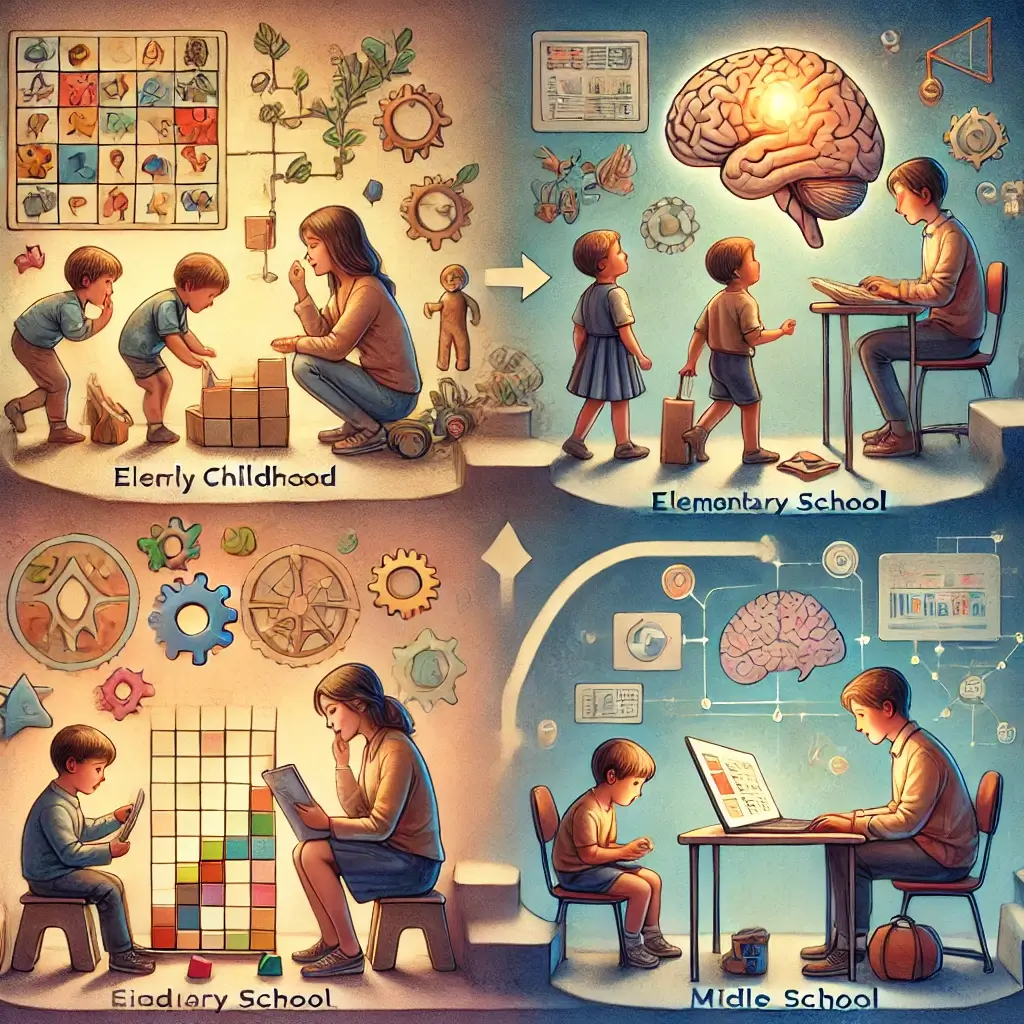Four Biggest Challenges Faced by Parents Today
In a recent study, Life Patterns Program collected data from a survey of parents aged 43 to 44. The study aimed to determine the cost of raising a child and how parents manage time and finances. The data found that parents face many challenges.
Cost of Living
For many parents, living costs are one of their biggest challenges. The cost of living indicates the cost of essential items and services. The cost of living is often compared between cities to help people figure out how much it costs to live in a particular area. However, many factors contribute to the cost of living. For example, the cost of housing can be higher in some regions than in others. Depending on the location, a two-parent family will need anywhere from $52,000 to $67,000 per year to survive. This equates to roughly $13 an hour.
In addition to financial problems, living costs also have a profound psychological impact on parents. Many parents are stressed about paying their mortgages, energy bills, and childcare. These worries can affect a parent’s health and ultimately harm their children’s development. The government needs to do more to help parents make ends meet and provide a safe, affordable place for their children to grow up.
Cost of Education
Parents are faced with various expenses when it comes to educating their children. These expenses include tuition, uniforms, supplies, and more. Parents who enroll their children in private institutions face significantly higher educational costs. Tuition at private schools is typically over $5,500 per year. In addition to education, many parents must purchase computer hardware and educational software. They may also need to pay for diagnostic evaluations or tutoring for their children. Other expenses include after-school programs, summer school fees, transportation, and even college prep classes.
Parents’ incomes need to keep up with the rising education costs. While few families can pay for college full-time, the average cost of attending a private university is $51,257 per year, according to the College Board. In addition, only some families can afford to pay for their children’s education without relying on loans. As a result, many families use a combination of personal savings, loans, and education loans to cover the costs of higher education.
Lack of Emotional Bonding
According to a recent study, approximately 40% of children born in the US do not have strong emotional bonds with their parents. Yet, these bonds are crucial to a child’s success later in life. Children with weak bonds from the early years are at higher risk for becoming hyperactive, defiant, or aggressive. Conversely, secure attachments can be formed through parental care and support from an early age. The study called the Early Childhood Longitudinal Study, involved over 14,000 children born in 2001.
Children with love and affectionate parents become happier, more compassionate, and less anxious. Researchers believe this effect is caused by a hormone called oxytocin, produced during feelings of love and affection. This hormone has been proven beneficial to parenting and is crucial in developing a child’s emotional well-being.
Lack of Time Management
Time management is a challenge parents face today. They must manage office work, and household duties, care for their children, and find time for themselves. They can’t let their children suffer when they can’t complete every task on time. Fortunately, parents can help their kids improve their time management skills in many ways.
Modernization has resulted in packed schedules for most people. As a result, there is little time for leisure or entertainment, and most parents try to balance work, housework, and parenting. Social pressures compound this stress. Previously, doing nothing was expected, but now it is considered unproductive.













